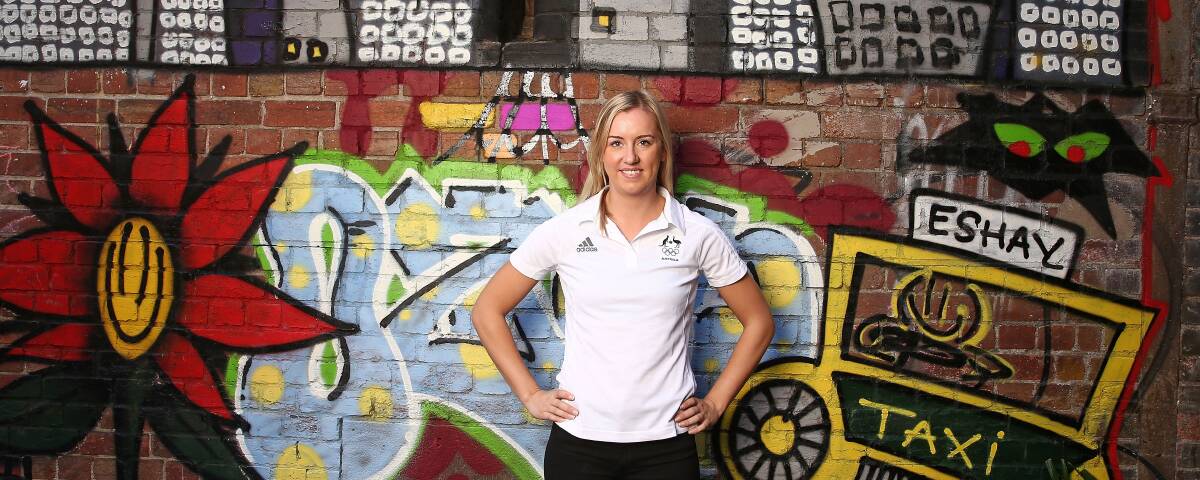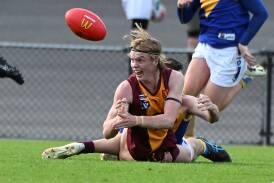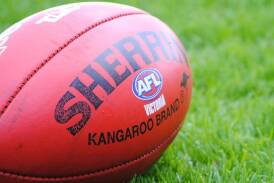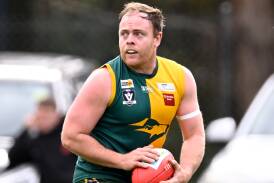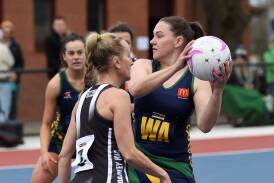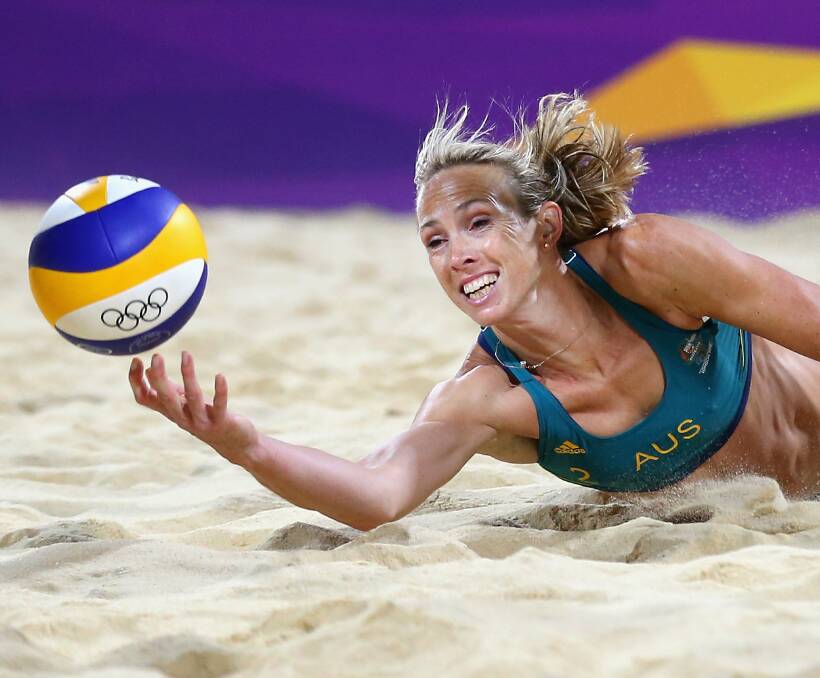
THE TIME is now. All the blood, sweat and tears comes down to this: Rio 2016.
Subscribe now for unlimited access.
$0/
(min cost $0)
or signup to continue reading
For some, this will be the first time stepping on to an Olympic stage. For others, it is another chance.
Ballarat rower Anthony Edwards would call the feeling five-ring fever – a drive to be there, chasing an elusive gold medal, striving to be your best. Edwards clocked up his fifth Olympics in the 2012 London Games.
Volleyballer Tamsin Hinchley, who contested three Olympics, started to feel the fever return about a year ago. Hinchley told Press Box when she stepped on the sand, there had been a flicker of ‘what if’, then the practical realities came flooding back – the sacrifice, the hard physical demands, and the brutal schedule just to qualify.
Olympic Games are a once in a four-year deal. Athletes can train lifetimes to achieve an Olympic moment and, depending on the event, it can be over in an instant.
Everything is bigger at an Olympic Games: emotions, crowds, media, headline acts. Hinchley said even the walk to get food in the athletes village was always far, especially when trying to reserve energy for action.
“It is really different because you are so focused on your sport and what your sport entails and then you’re mixed in with all these other athletes, each so focused on their sport,” Hinchley said. “It’s hard to describe, and I mean this in a good way, but you feel you’re in a circus. There is so much going on when you arrive and it’s all positive. It was still always such a relief when you go on the bus to your training venue to get and and do what’s normal again, too.”
The Australian swim team tends to shoulder the media scrutiny early in the Games, but the spotlight in Rio will also be bright on Ballarat race walker Jared Tallent. He will arrive in Rio as the late-promoted defending men’s 50-kilometre champion and newly appointed athletics team captain.
Olympic Games are the biggest stage for so many sports that the spotlight can quickly change as triumphs and heartbreaks evolve.
“The overwhelming emotion is excitement when you arrive,” Hinchley said. “The Australian team is really good at having lots of sports psychologists to help manage any anxiety. Sometimes it’s just nice to talk to people outside the intense team environment.”
Olympics are about far more than just medals.
Former Ballarat Lady Miner basketballer Rachel Jarry was the youngest Opal, aged 19, in London and came home with bronze. She writes in her Australian Olympic Committee blog the past four years have been a roller coaster. This time going to Rio, she appreciated how big an achievement it was to make an Olympic team.
Most Australians receive their uniforms in neatly packed suitcases when they arrive in the team village. Hinchley, who now has two young children, has great joy taking her green-and-gold uniforms to Olympic days at school and letting children try her tops on.
First question Hinchley is always asked is if she won gold: “I always say, not in an Olympics, but Olympics is about more than just winning medals.”
Olympic moments can mean everything.
